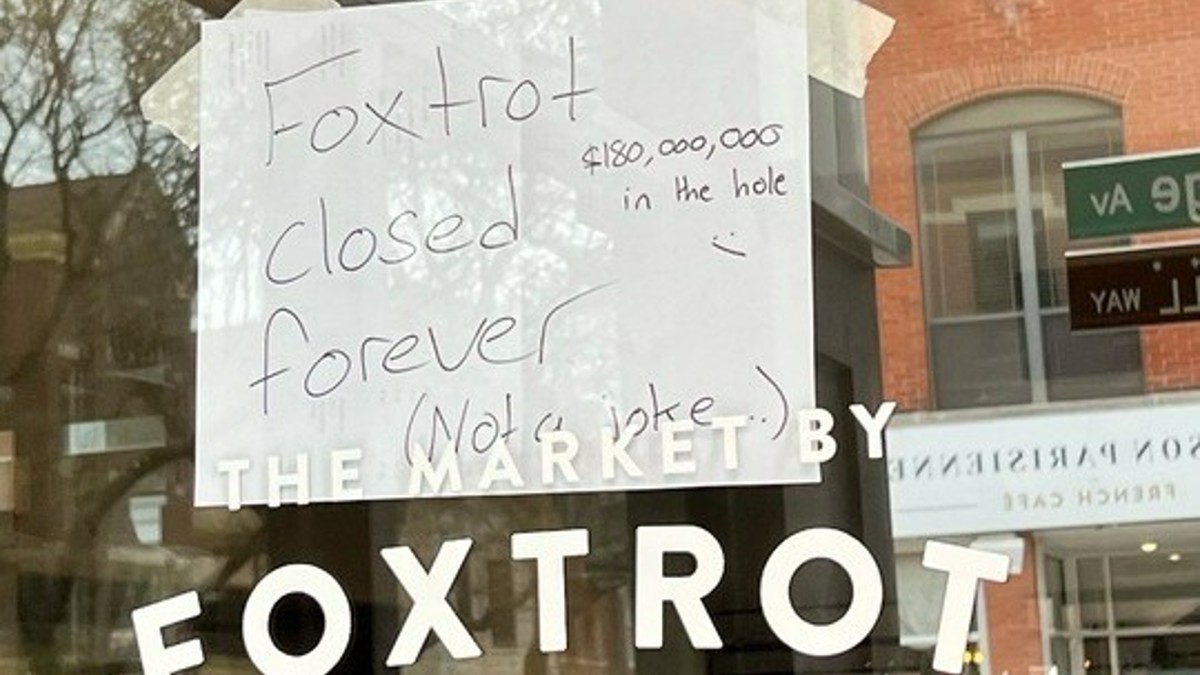The CEO of US Airways predicted that American Airline's creditors will support his plan for a merger, but said he may not still be interested after American comes out of bankruptcy protection.
Doug Parker runs US Airways Group Inc. and has been vocal about wanting to merge with American. He said on Wednesday that a merger while Fort Worth-based American is still in Chapter 11 is better because the bankruptcy code makes it easier to get rid of planes that the combined airline doesn't want, and to renegotiate airport leases and other contracts.
"We're ready to do this now," Parker said at the National Press Club in Washington. "There's no guarantee that'll be the case forever. American got into this situation in part because they were singularly focused on fixing their internal issues and assumed the outside world would stand by while they did. That wasn't the case, and it very well may not be the case in the future."
American filed for bankruptcy protection in November. CEO Tom Horton initially said any merger should wait until after American exits bankruptcy protection, but recently the airline has said it will study various merger options. A combined American and US Airways would rival United as the world's largest airline.
US Airways has lined up the support of American's three big unions. Leaders of each were seated at the head table while Parker spoke on Wednesday. Those unions are three of the nine members of the creditors committee that essentially controls the airline's future ownership.
Parker said he's "certain that we will have a unanimous vote in our favor, so long as we have a fair process."
Parker showed his tendency to speak freely on Wednesday. He quoted Bob Dylan ("You don't need a weatherman to know which way the wind blows,"), and he admitted that he flew to Washington on another airline in part because its schedule was more convenient.
Local
The latest news from around North Texas.
When an audience member asked him whether he's ever tried to reach a real person by calling his airline's customer service phone number, he said, "Let's try it," and appeared to whip out his phone. Then he thought better of it. "I'm not going to call it, in fear it may not work," he said. After some chuckles from the audience, he said, "I'm certain I'd get a live person." Still, the phone went back in his pocket.
A US Airways-American deal would cap seven years of big airline mergers that began in 2005. That year, America West -- run by Parker -- acquired US Airways out of bankruptcy protection. Delta Air Lines Inc.'s 2008 purchase of Northwest, and the 2010 creation of United Continental Holdings Inc. from United Airlines and Continental Airlines created the world's two biggest airlines. They have made it hard for American to compete for business travelers, the most lucrative travelers that airlines carry.
Parker said American doesn't have the hubs to route traffic up and down the East Coast, so it loses business to Delta and United.
"Network gaps like this were acceptable a few years ago, when every airline had some gaps," Parker said. "But with the breadth and scale of the new United and the new Delta, that's no longer the case. American is steadily losing corporate share to their larger competitors, and they will never be able to gain it back without a comparable network."
American posted a $241 million second-quarter loss on Tuesday because of bankruptcy expenses. Without those costs, it would have earned $95 million because of higher fares and the benefits of fare-sharing with British Airways, Iberia and Japan Airlines.
American put out a statement in response to Parker's remarks, saying its review of its options "will be a disciplined process guided by the facts and will not be influenced by baseless rhetoric."
In other comments, Parker said:
- He expects that the combined airline would be part of the oneworld alliance, which American is in now. Those alliances help airlines work together by selling tickets on multiple airlines on the same transaction, so a traveler can fly from, say, Munich to Philadelphia on Lufthansa and then on to Phoenix on US Airways. US Airways is currently in the Star Alliance, but has been overshadowed in Star by United Airlines.
- He does not expect antitrust authorities to require the combined airline to get rid of any routes.
Shares of Tempe, Ariz.-based US Airways fell 59 cents, or 4.2 percent, to $13.48 in afternoon trading.



